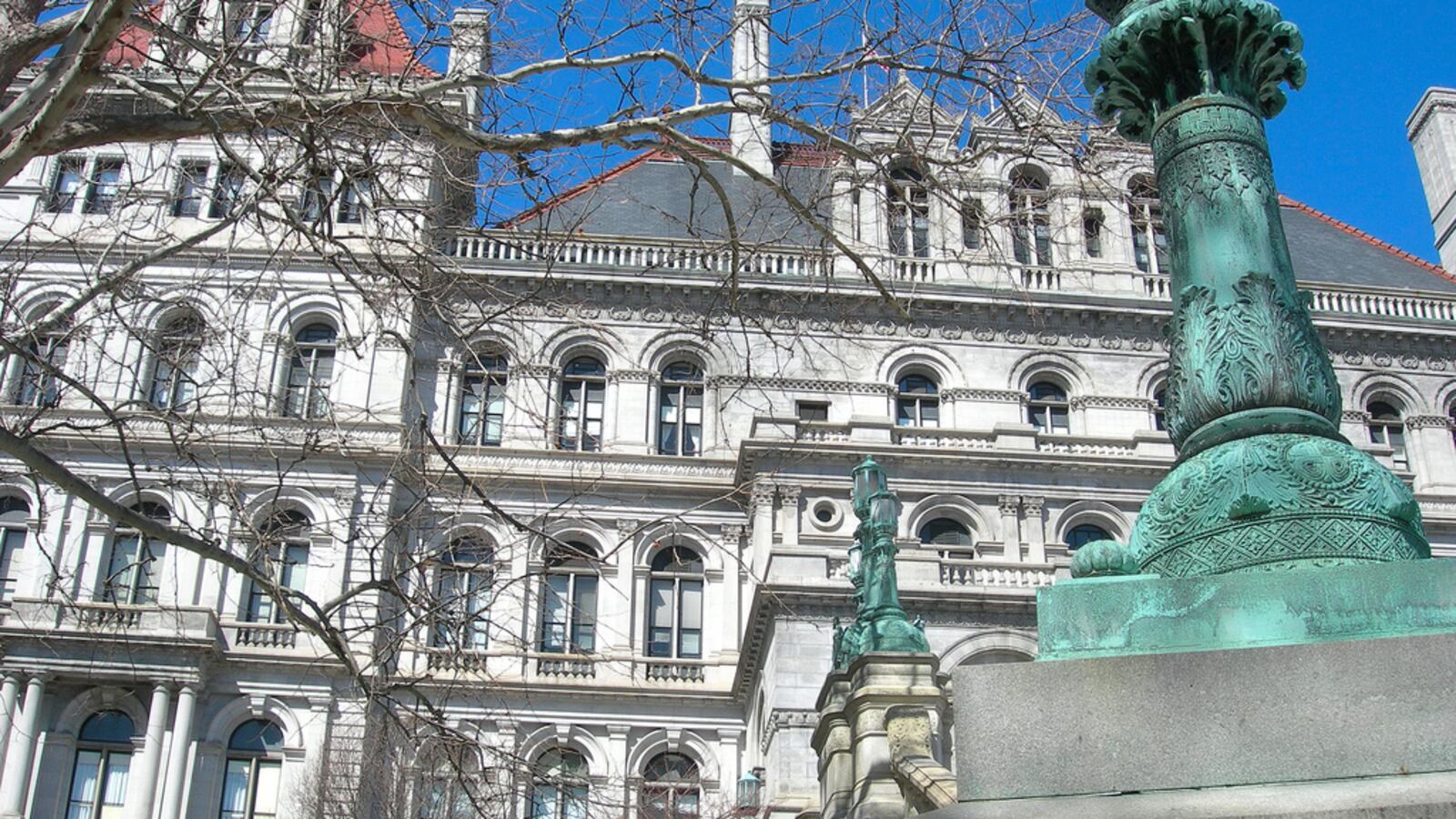Budget talks, graduation rates, and struggling schools are on the agenda Monday for state education policymakers.
At its February meeting, the New York Board of Regents will spend its largest chunk of time on the state’s new designation of struggling schools, a topic that sparked a common concern among some Regents last month that schools where large numbers of students had opted out of state tests would be penalized with poor ratings.
The state education department released a list of schools that need improvement plans under a new framework that hinges on test scores and graduation rates but also weighs student growth and doesn’t come with severe consequences.
Under this new method, state officials identified 124 struggling schools in New York City.
The Regents will also get a briefing on recently released graduation rates for the 2017-2018 school year. New York City students notched the biggest gains among districts statewide, with rates rising almost 1.7 percent since the previous school year.
Most of the city’s increase is linked to changes the state has made to graduation requirements. More students are choosing alternative tests for earning their diplomas and can graduate with a lower score on the required Regents exams.
There could also be heated discussion about the Regents’ budget wish list, which is $1.1 billion more than what Gov. Andrew Cuomo proposed last month. During four hours of questioning last week, State Education Commissioner MaryEllen Elia explained to state lawmakers why Cuomo’s budget plan isn’t sufficient for all school districts and could be burdensome on her department, which she has frequently said is understaffed.
Schools Chancellor Richard Carranza and Mayor Bill de Blasio have also decried Cuomo’s funding proposal, asserting that the governor’s plan falls about $300 million short of what city schools need.
The gulf between Cuomo and the Regents’ views isn’t unusual. Last year, after budget negotiations wrapped up, lawmakers decided to spend $25.8 billion on education — an increase from the previous year but still $1 billion short of what the Regents requested. And this year’s numbers are likely to be revised again before a final budget is approved by April.

